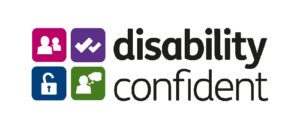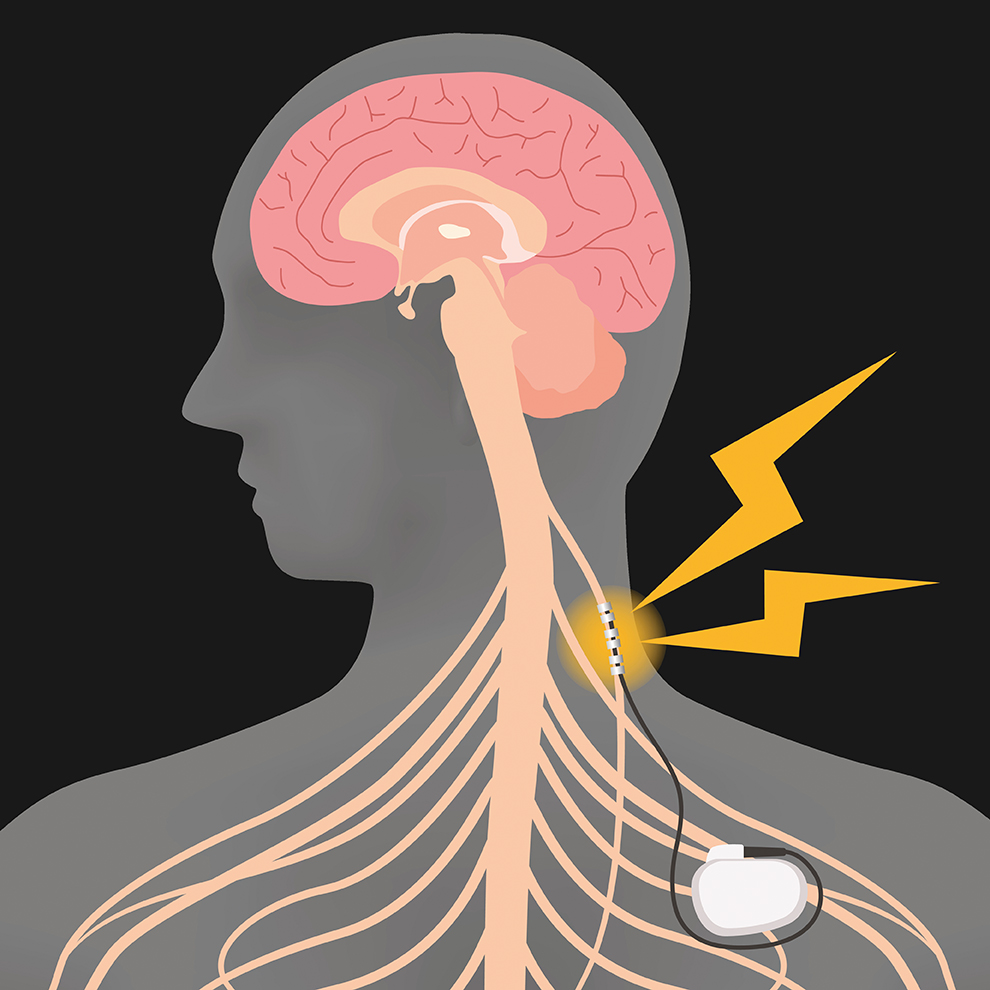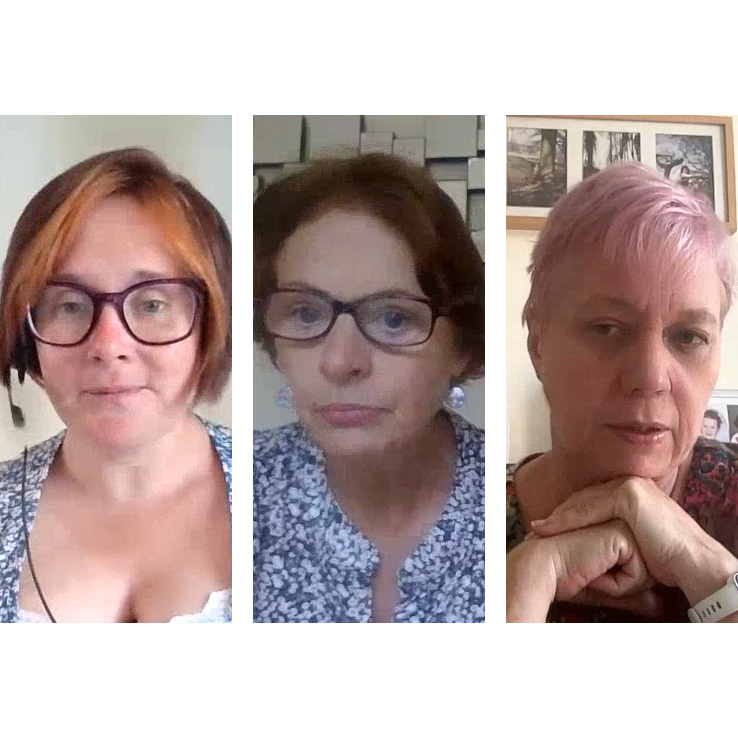 Epilepsy Action is aiming to become a Disability Confident Leader as part of the government’s Disability Confident employer scheme.
Epilepsy Action is aiming to become a Disability Confident Leader as part of the government’s Disability Confident employer scheme.
The Disability Confident employer scheme has three levels: level one – Disability Confident Committed; level two – Disability Confident Employer and level three – Disability Confident Leader.
While the charity has already achieved level two status, level three will mean Epilepsy Action has been externally and independently assessed and completed the voluntary reporting framework. This proves the charity actively supports, recruits, trains and retains employees with disabilities.
17% of the people who work for Epilepsy Action say they have a disability. The charity also has a Disabled Staff Network, which has supported the completion of the self-assessment and reviewed internal policies and procedures.
The Disability Confident scheme launched in 2013. There are currently about 20,000 employers signed up, which is less than 2% of employers in the UK.
Only 3% of companies in the scheme have level three status. Level three leaders include Scope, Barclays, ITV and Zurich.
Epilepsy Action’s people and culture manager Steph Smith-Crawshaw said: “As an epilepsy charity, we know all too well the challenges and barriers people with disabilities and long-term health conditions face when it comes to employment.
“Here at Epilepsy Action, inclusion is at the heart of what we do. We want everyone in our community regardless of their backgrounds, identities, abilities or circumstances to feel valued, respected and able to participate fully.
“Our recent Make Things Work campaign showed that 42% of UK managers wouldn’t hire someone with epilepsy to save their company challenges. This is incredibly concerning and one of the big reasons we want to undergo an independent review as part of our level three accreditation.
“This is also why it is important that more employers become Disability Confident and go the extra mile to becoming a Disability Confident Leader.”
Meet our staff
Antony
Epilepsy Action database and admin assistant Antony Blackburn has been working with the organisation since 2016. He was diagnosed with epilepsy aged 23 in 2004. At the time his seizures affected his work.
He said: “Back when it started I had up to 25 seizures a day, even though they only lasted a few minutes they had a huge impact, and the worry was that it could become a tonic clonic.
“At this time I was working at a debt collection agency. I had lots of issues. People would immediately think I was photosensitive as that’s what most people assume epilepsy to be.
I was also DJing and the CEO of the company told me I should stop DJing because they couldn’t understand my epilepsy wasn’t photosensitive. The seizures made it really hard to work there so I left and I was unemployed from 2006 until I came to Epilepsy Action in 2016.”
Antony joined Epilepsy Action for a temporary placement in building services. He said: “Most of the jobs that were offered were retail such as shelf stocking, but I have bigger aspirations and want to do something different and with more opportunities. Sometimes people with disabilities are restricted in their opportunities for work.”
Antony says he enjoys working for Epilepsy Action and it has given him the confidence to talk about his condition. He said: “I feel safe here and that is one of the biggest factors for me.”
Daniel
“I am a social media and digital executive apprentice at Epilepsy Action. I began working here as part of my apprenticeship in March 2023. I manage and post content to all social media channels, supporting the organisations digital requests. I was diagnosed with autism at an earlier age, but I was informed of my diagnosis as a teenager.”
Experience of challenges and barriers
“During and shortly after leaving school, there were discussions around my future and it was suggested I complete apprenticeships to gain appropriate work experience while achieving qualifications. But I wasn’t provided with support during the application stages, leading to an extended period of applying to different providers and trying to understand the process on my own. I completed the Prince’s Trust Teamwork Skills Level 1, and the two-week work placement. This scheme was my introduction to digital marketing. The biggest barrier I have faced is that most employers want candidates with work experience, yet gaining the work experience is part of apprenticeships. I volunteered for a local branch of a military charity to gain experience. I was creating content for their social media platforms and promoting their services, as well as mimicking their historical posts from their main social channels. It has been challenging at times to meet the standards and keep up with demands that are required by apprenticeship providers and employers, and during probationary periods this can cause a lot of stress as a self-critic. Once there was understanding of the ways that I work best, reasonable adjustments were made to release this pressure, as the volume of work for both parties was taking over my life.”
Experience of previous employment
“Some apprenticeships have landed me in administrative roles, but these were not suitable for me. I reapplied for the Prince’s Trust and they provided me with access to an employment advisor, who then supported me to achieve a temporary role as a Digital Marketing Apprentice with a not-for-profit organisation. In this role I supported the digital marketing team, and in return, they provided me with a safe environment to develop my skills for future opportunities in the digital marketing industry. I found them supportive, and because of this they were able to dispel the anxiety and self-doubt that was built up over the years. My employment there was only for six months.”
Working for Epilepsy Action
“I have passed my probation at Epilepsy Action, which has now given me the confidence to take charge of my work and experiment with best practices and content ideas. I feel my role here is career progression and even though there’s challenges, they are not too overwhelming and they are important for my development. My line manager is the best manager I have had, he knows how to lead the team and has been accommodating, and my direct co-workers both have incredible skills and sociability, and an extended willingness to show me the ropes.”
What does Disability Confident mean if you are someone with a disability seeking employment?
The difference between the scheme levels is an important consideration for people with disabilities looking to work with a supportive and inclusive employer. Below we describe what each level means:
Level 1 – Disability Confident Committed: There are more than 14,000 employers in the UK signed up to this and this is where a business or organisation has made the first step by signing the pledge to be or become disability confident and support and employ disabled people. However, at this level a company doesn’t actually need to have employed anybody with a disability.
Level 2 – Disability Confident Employer: There are more than 4,000 employees signed up at level two. Organisations in this group have undertaken a self-assessment and submitted it.
Level 3 – Disability Confident Leader: With the lowest number of employers achieving this level – only 587 across the UK, these are the organisations that have gone the extra mile to support disabled people and provide robust evidence of their inclusive practises. The number is always increasing but we would like to see more organisations making the step to become Disability Confident. Organisations in this category have undergone an external assessment and committed to completing the voluntary reporting framework.
Epilepsy Action’s senior policy and campaigns officer Daniel Jennings explains the scheme…
More articles




